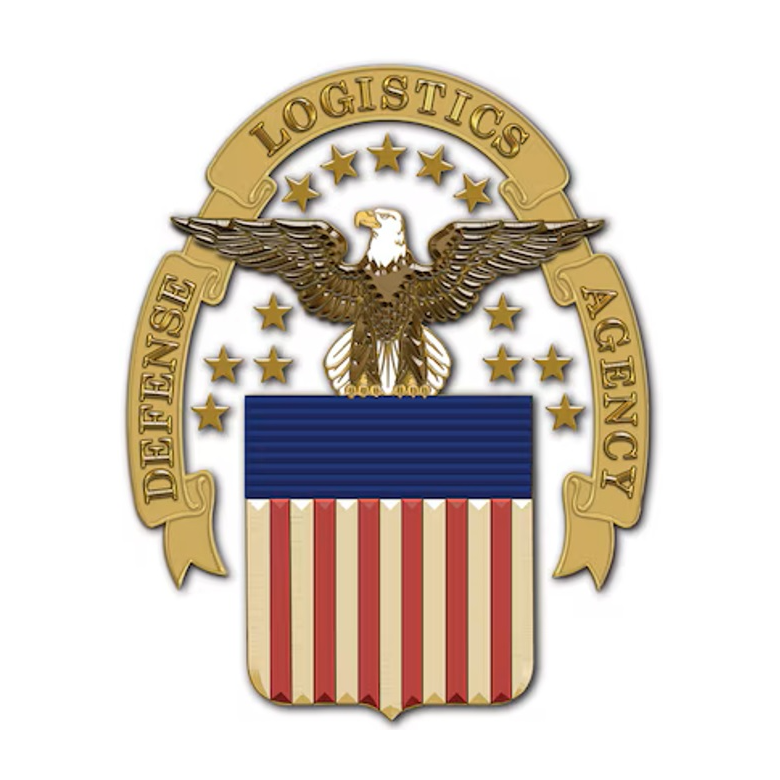
DLA - E&A (Defense Logistics Agency Europe & Africa)
As the nation’s combat logistics support agency, the Defense Logistics Agency (DLA) manages the end-to-end global defense supply chain – from raw materials to end user disposition – for the five military services, 11 combatant commands, other federal, state and local agencies and partner and allied nations. DLA’s mission is to “deliver readiness and lethality to the Warfighter Always and support our nation through quality, proactive global logistics.” To accomplish this mission, DLA has a staff of about 25,000 employees divided into multiple supply chains that contract for material and services across the military classes of supply, to include: subsistence (food/water), clothing and textiles, bulk petroleum and other energy products, construction material and equipment, personal demand items, medical material and equipment, and repair parts for land, sea and air systems. The DLA consists of 6 major subordinate commands: DLA Aviation, DLA Troop Support, DLA Disposition Services, DLA Land & Maritime, DLA Energy, and DLA Distribution. DLA Europe & Africa serves as the Defense Logistics Agency's operationalized Regional Command Headquarters supporting U.S. European Command, NATO, and U.S. Africa Command Areas of Operation (AOR).
www.dla.mil/Europe-and-Africa